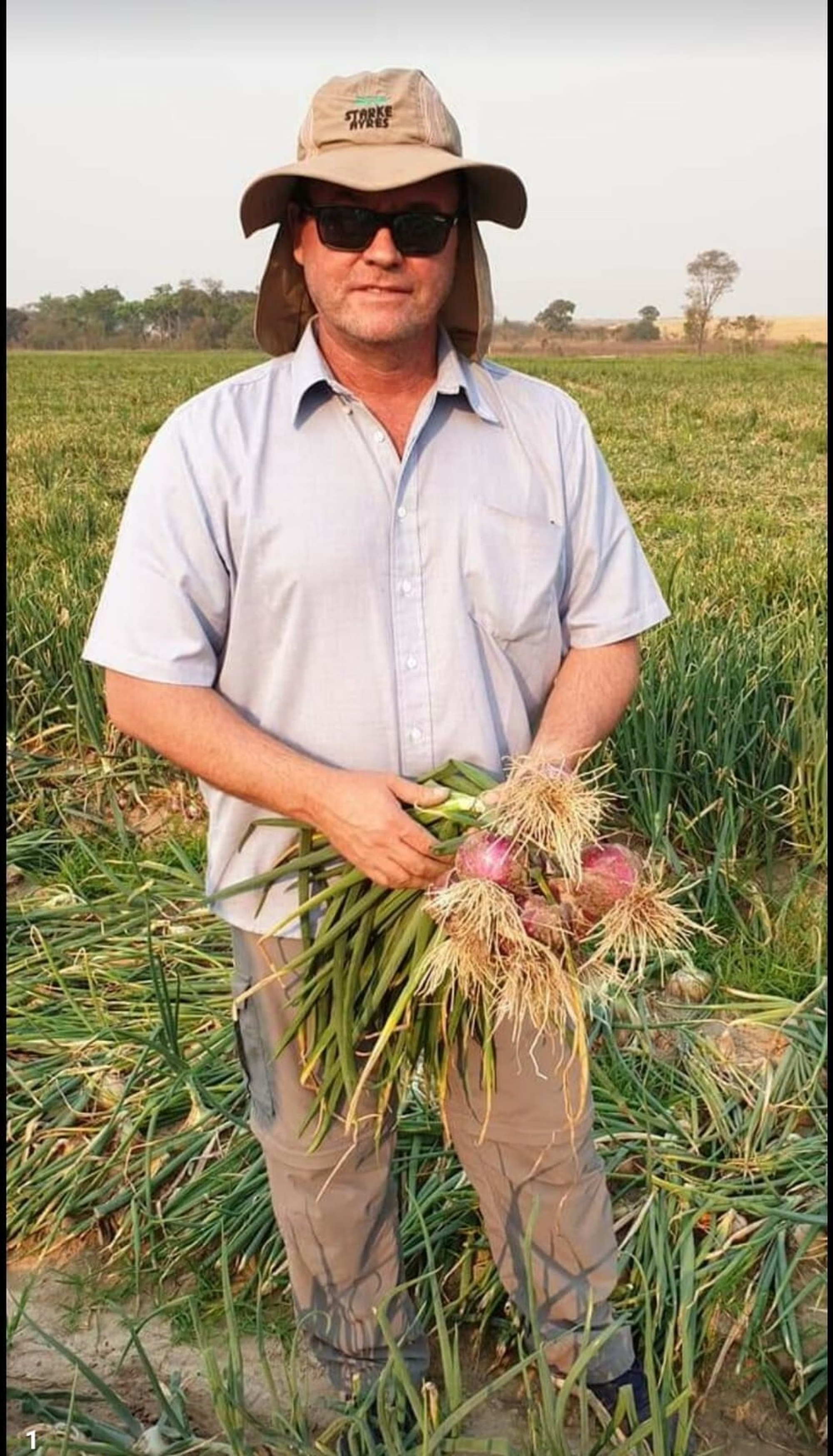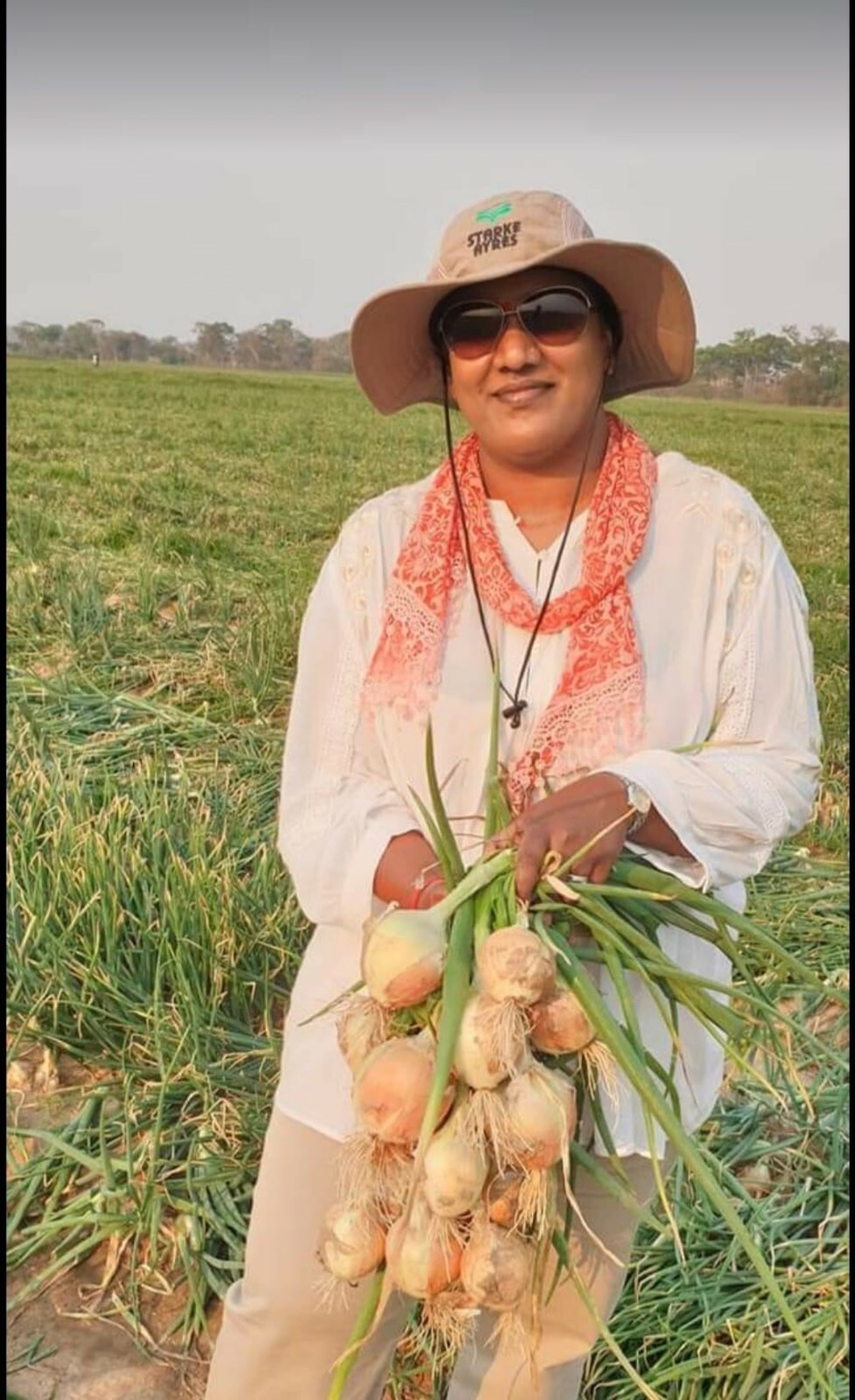When Charles Ayres established his nursery, florist and seed shop in Cape Town back in 1877, little did he know his business would become the foundation for a company that more than 140 years later would have a global impact in terms of food security.
STARKE AYRES started its first green beans breeding programme in 1986, a year after joining the Plennegy agricultural group. Soon, the programme expanded to include pumpkin, squash, sweet corn, tomatoes and peppers.
Today, 1.16-million tonnes of many varieties of vegetable are produced every year through the group’s proprietary seed-breeding programmes; 90-million people are nourished through its three key vegetable seed-breeding programmes, and many millions more through its other operations.
STARKE AYRES’ international business is growing and becoming an increasingly important contributor to the company’s overall revenue. More than that, we’re widely respected for our high standards and the quality of our seeds.
Our international efforts is on two key focal points: the continent of Africa, and the rest of the world. Here’s an outline of our progress in these vital markets.
Our expansion in Africa
With 70% of our export revenue coming from Africa, the continent remains our biggest, critically important market.
Since developing a presence in East Africa and Southern African Development Community countries in the early 1990s, we have grown to have subsidiaries in Kenya, Namibia and Zambia, and excellent distributors in Uganda, Tanzania, Malawi, Zimbabwe, Botswana, Angola, Nigeria, and Mauritius.
The World Economic Forum has predicted that Africa’s urban population is expected to nearly triple by 2050, to 1.34-billion. Already, 77% of the population is below 35. This fast-growing population trend brings many challenges, including an escalating demand for food.
In part, this situation is creating a fast-increasing demand for hybrid seeds to replace the cheaper, more easily produced open-pollinated seeds that were mostly used by small farmers across Africa in the past. Hybrids – seeds developed through our breeding programmes – more expensive than open-pollinated seeds, have the advantages of ensuring increased yields, better quality, disease resistance and a longer shelf life.
At STARKE AYRES, we believe hybrids are the answer to the continent’s increased demand for healthy food – we are fully committed to contributing to food security in as many African markets as possible.
A global role player
Already present on all the continents and in 60 countries, STARKE AYRES is actively expanding our footprint in the world. Our main markets are North America, countries in South America, Australasia and, increasingly, Europe and Asia.
We’re making our mark as a big player in the global vegetable seeds market, which is estimated to reach US$14.4-billion by 2025 (with tomatoes projected to have the highest compound annual growth rate between 2020 and 2025) – and we’re on a mission to grow.
Our most important contributor to worldwide crops is onion seeds – both hybrid and open-pollinated – followed by tomatoes, beans and pumpkins. (In Africa, the big-three crops we’re focusing on are onions, tomatoes and cabbage.)
We’re proud to have 24 active varieties of vegetable seeds on the United States Department of Agricuture’s Variety Name Lists (used subject to regulation on the Federal Seed Act) – and we’re determined to expand our reach throughout the world.
Looking to the future
The demand for fresh and healthy food during the Covid-19 pandemic has spurred the worldwide demand for vegetables – and hence also for seeds.
As a result, STARKE AYRES has seen substantial export growth over the past year, with demand increasing from all sectors – from small-scale subsistence farmers in Africa growing food for themselves and to bring in an income, to larger growers and massive agricultural operations on the continent and abroad.
In short, we’re making an impact – and we mean business in Africa and the rest of the world.

Nico van Rensburg at Touchwood Estates, Mkushi, Zambia holding STARKE AYRES onion ROSADA. ROSADA is a main short day hybrid onion with good quality, taste and even pink colouring.

Nereshnee Ramdayal at Touchwood Estates, Mkushi, Zambia holding STARKE AYRES onion MZURI. MZURI is an extra early main segment short day hybrid onion with excellent quality.